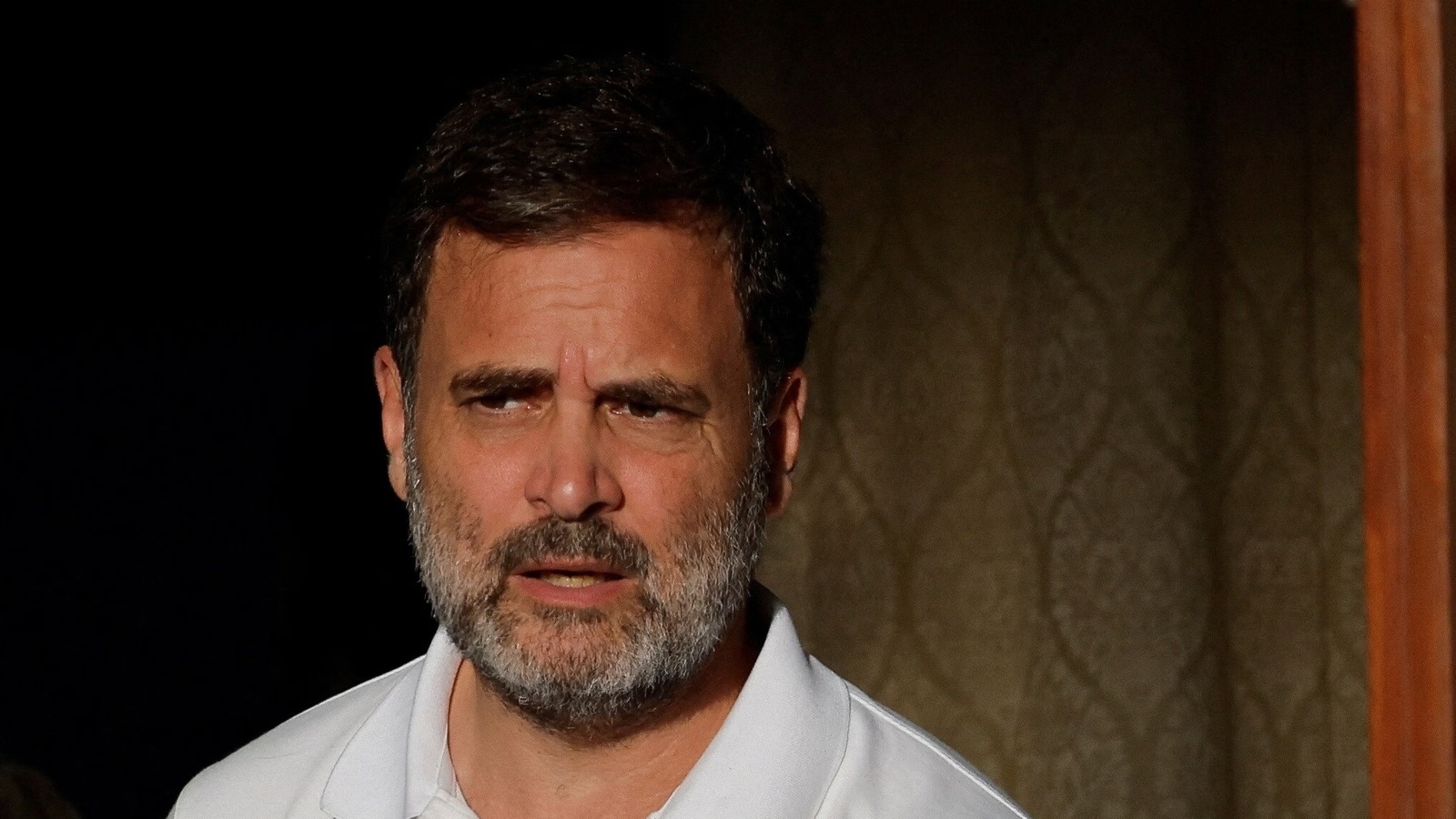Custody Death: Rahul Gandhi’s Visit Signals Accountability
Rahul Gandhi’s visit to Parbhani highlights growing concerns over police accountability as he meets the family of a man who allegedly died in custody under suspicious circumstances.


Losing weight can often feel overwhelming with endless diets and workout trends, but German fitness coach Kev has shared a...
2 Min Read
Congress leader Priyanka Gandhi Vadra has been appointed chairperson of the screening committee for Assam’s upcoming state elections, marking the...
2 Min Read
Australian cricket legend Usman Khawaja has announced his retirement from international cricket ahead of the fifth Ashes Test against England...
2 Min Read
Nepal’s Interim Prime Minister Sushila Karki’s husband, Durga Prasad Subedi, 74, has been discharged from Tribhuvan University Teaching Hospital and...
2 Min Read